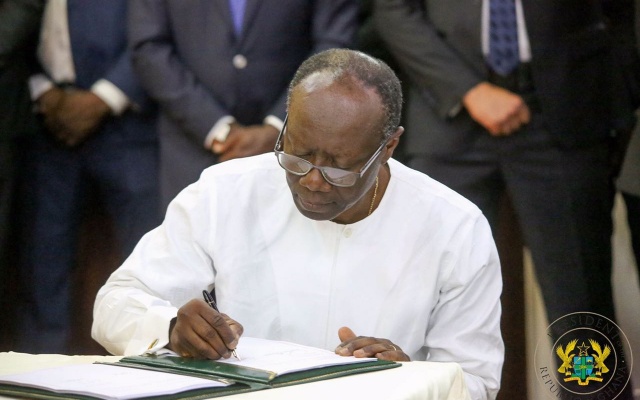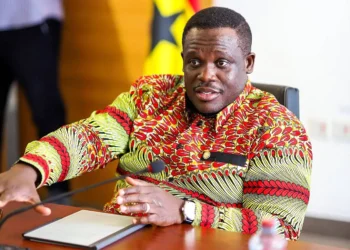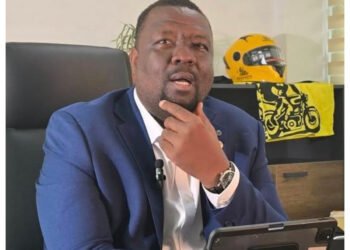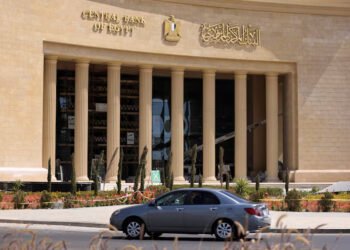Ghana’s foreign direct investment (FDI) flows reached US$954.2 million as at end-June 2021, reflecting an increase of 71.2 per cent from US$557.2 million over the same period last year.
Compared to end-March 2021, this represents an increase of US$543 million, as the FDI value for end-March 2021 was at US$411.24 million.
This accelerated improvement in FDI flows is attributed to deliberate macroeconomic policies that the government pursued, the Minister of Finance, Ken Ofori-Atta indicated. Accordingly, such policies were aimed at creating the right environment to drive such flows, he opined.
“On the back of these and other deliberate policies, our country has attracted more foreign direct investments in the midst of the pandemic.
“Our inflation rate is lower than it was in 2016, our interest rates are lower than they were in 2016, our exchange rate is more stable than it was in 2016. [Also], our foreign exchange reserves are much higher than they were in 2016…”
Ken Ofori-Attah, Minister of Finance
As such, the country’s macroeconomic fundamentals such as the exchange rate, growth and inflation rates look favourable, although debt levels have been a cause for concern and growth is unlikely to return to pre-pandemic levels by end-year 2021. Also, the country’s debt level currently stands at 77.1 per cent as at the end-June 2021 (including financial sector and energy sector bailout). Meanwhile, excluding the Financial Sector Bailout, the nominal debt stock as percentage of GDP is 72.9 percent, the Minister highlighted.
According to the Minister, the increase in the debt stock was mainly because of the Eurobond issuance in April 2021, COVID-19 pandemic effect, contingent liabilities, and front-loading of financing to meet cash flow requirements for the first half of the year.
Performance of economic fundamentals improve FDI
Particularly, the country’s exchange rate has since the start of the year depreciated by 0.6 per cent against the US Dollar, while at the same time appreciating by 3.6 per cent against the Euro. From the foregoing, this therefore indicates that the country’s currency has been relatively stable. This stability is likely to continue as far as towards the end of the year, the Minister opined.
Furthermore, the relatively strong performance of the external sector led to an increase in the reserves position to US$11.0 billion, equivalent to 5.0 months of imports, one of the highest on record. This compares well with a reserved position of US$9.2 billion, equivalent to 4.3 months imports cover, in the corresponding period last year.
The Minister also highlighted the better performance of these economic fundamentals that have so far aided in the country’s strong recovery from the Covid-19 pandemic.
“Mr. Speaker, the strong rebound in growth, the low inflation rates, the stable currency, the strong reserve position and FDI flows are clear indicators of economic recovery.
“Indeed, the strategic investments we collectively made in building strong economic fundamentals in the three years prior to this pandemic as well as the subsequent speed, scope and scale of our socio-economic response to the pandemic is fueling our recovery.”
Ken Ofori-Attah, Minister of Finance
READ ALSO: Gov’t reiterates commitment to increasing tax-to-GDP ratio to 20%



















